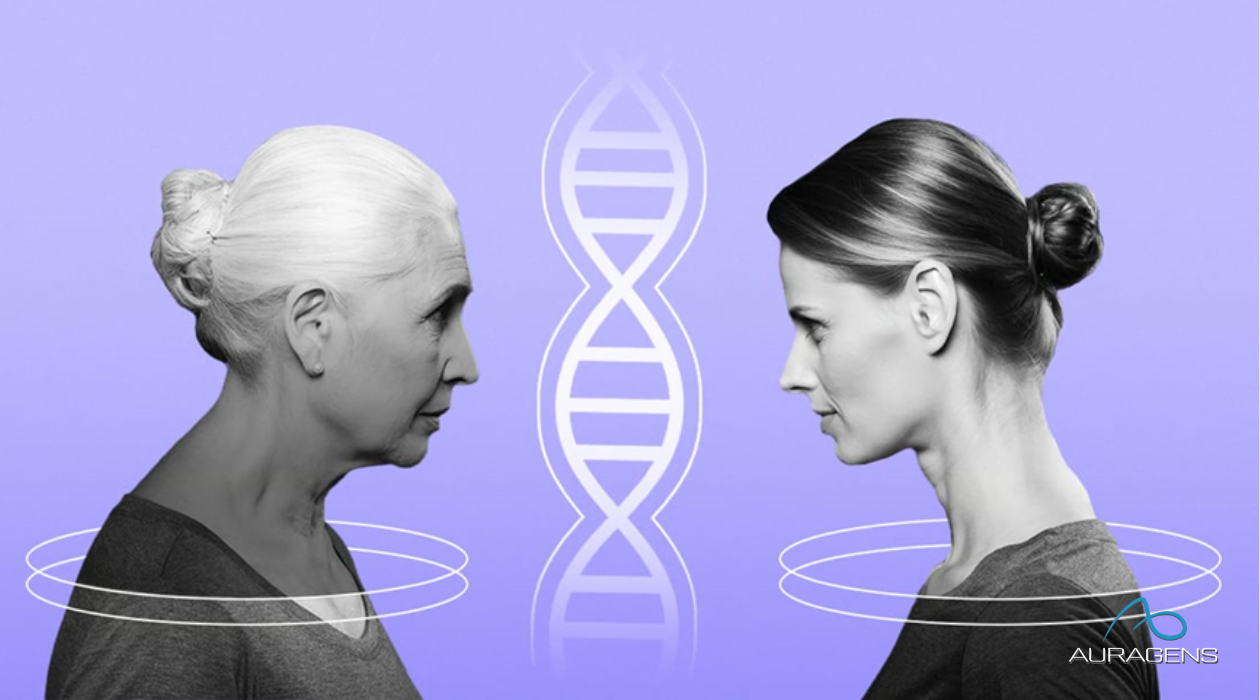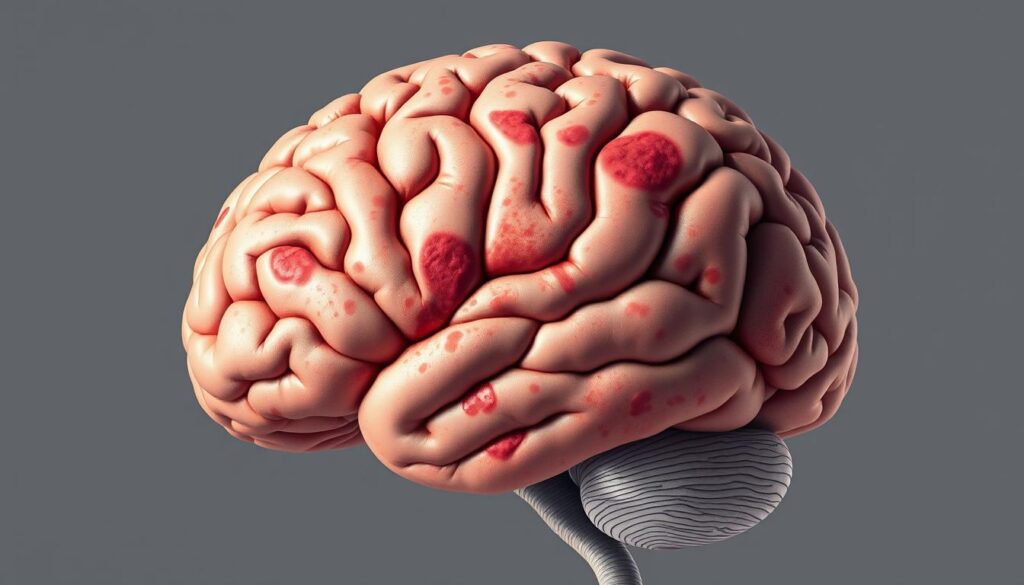From the Kardashians to Will Smith there has been a surge in discussion around “biological age.” Sure, we may be able to quantify how old we are based on the calendar, but does that translate to the health or deterioration of your body? Without endorsing this test, or its value, we still felt it was important for Auragens to address.
Biological age is a concept that refers to the damage, physiological changes, and loss of function that occur in a person’s cells over time. It can be caused by natural aging, environment, and behaviors, and can be used to indicate an individual’s health status and life expectancy. Because at our very core we are simply a collection of cells and only as healthy as they are.
When our patients visit us at Auragens for an anti-aging or longevity protocol we are enabling the exact results that these ‘biological age” tests are looking for. Better functioning and healthier cells. As the appropriately named, Stewert Sell once said, “In the beginning there is the stem cell; it is the origin of a organisms life.” From a logical standpoint is would stand to reason that introducing safe, healthy, uHC-MSC stem cells to reinforce the body and cellular function, would provide benefits. But why is that so?









